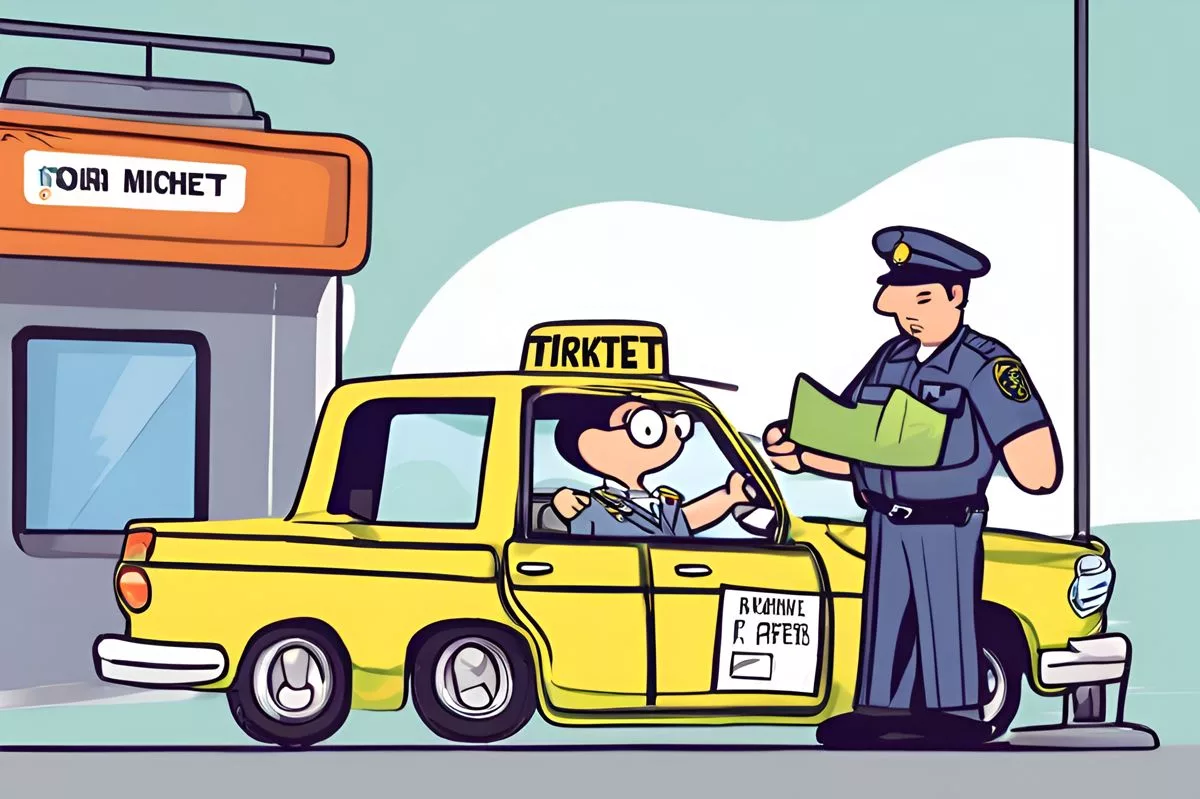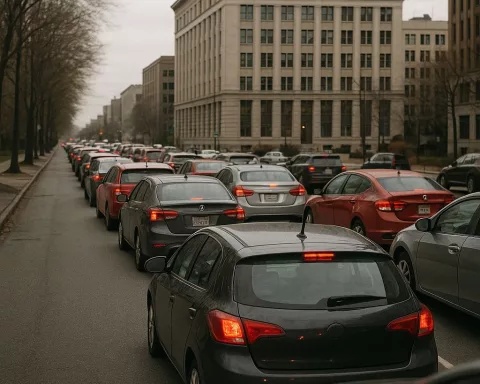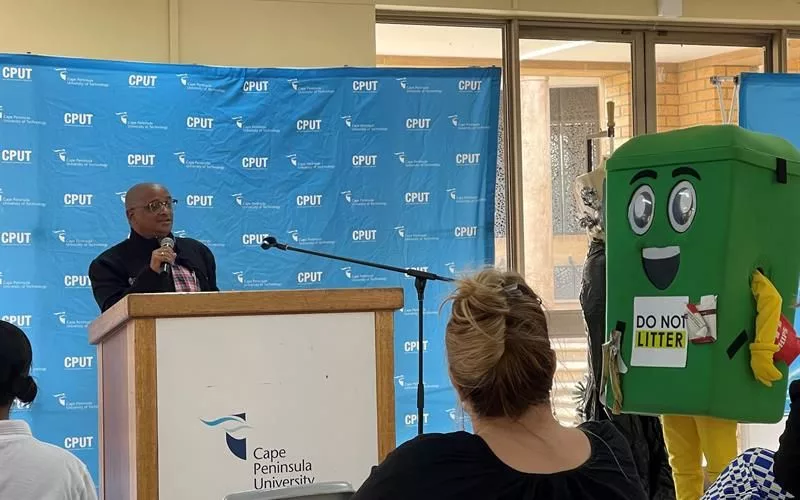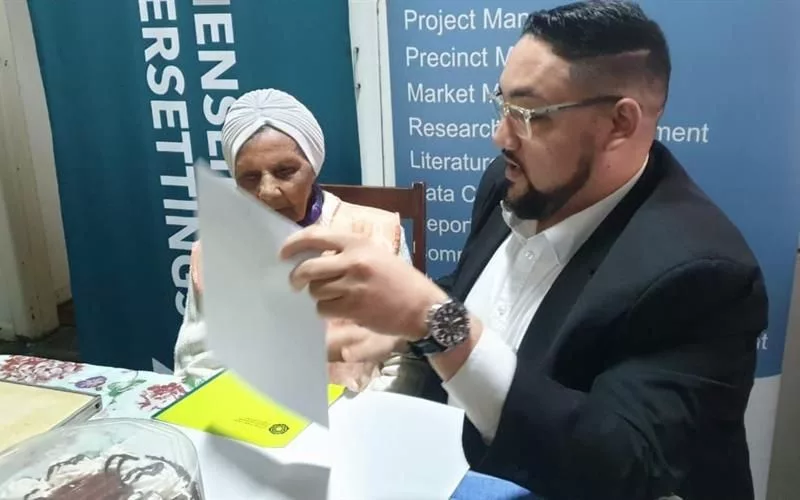Resolving traffic fines in Cape Town is straightforward and can be done online, in-person at City offices, or selected stores. Third-party providers should be avoided as they can result in financial loss and unresolved fines. Opting for the City’s official channels guarantees safety and transparency, and those who contest fines can submit applications to the City’s traffic representation email. By paying fines responsibly, individuals can contribute to fostering a culture of responsible road usage in Cape Town.
Debunking Myths: The Reality of Traffic Fine Settlements
Resolving traffic fines in Cape Town is not a complicated matter. Motorists can pay fines online, in-person at City offices, or selected stores. The city also provides a dedicated email service for fine contestations or requests for penalty reduction. The official channels guarantee safety and transparency compared to uncertified third-party providers.
An integral part of any city’s smooth operation is the efficient regulation of traffic. Cape Town’s Traffic Service is no exception, clocking an alarming 3.6 million offenses on an average yearly basis. Regrettably, a considerable number of motorists disregard their fines. However, there is a variety of venues available to anyone willing to address their penalties in a straightforward, effective manner.
Debunking Myths: The Reality of Traffic Fine Settlements
One of the commonly held misconceptions about traffic fines is the belief that resolving them is a complicated, time-consuming ordeal. This prevalent fallacy implies that to settle these fines, individuals have to spend numerous hours standing in lines or paying multiple visits to the municipal courts to argue or request a decrease in their penalties. Consequently, a substantial number of motorists resort to third-party service providers who promise to handle their fines and renew their vehicle licenses for a fee.
However, it is crucial to understand that the Cape Town Traffic Service does not vouch for these third-party entities. Alderman JP Smith, the Mayoral Committee Member for Safety and Security, has emphasized this point due to recent grievances about these service providers. Numerous drivers find themselves not only with less money but also still accountable for fines they assumed had been settled. This persisting problem appears to recur every few years, generating public inconvenience and misunderstanding.
Employing these third-party providers can entail significant risks, as the City has restricted capability to aid motorists who have been victimized by these services. Therefore, residents who suffered financial loss due to such dealings are encouraged to lodge a complaint with the South African Police Service to protect their rights.
Official Channels: The Optimal Way to Handle Traffic Fines
The most effective way to deal with traffic fines is to employ the City’s official channels. These avenues are not only secure but are also designed with public convenience in mind. The payment methods offered by Cape Town’s Traffic Service encompass online banking and in-person payments at any City cash office, Driving License Testing Centre, Municipal Court, or selected Spar (Kwikpay) stores. Furthermore, a dedicated website, www.paythat.co.za, is designed to streamline the payment of these fines.
In addition to these, the City also accommodates those who want to contest a fine or request a reduction of the penalty amount. Such applications can be submitted directly to the City’s traffic representation email, traffic.representation@capetown.gov.za. This email service embodies the City’s dedication to maintain transparency and provide opportunities for discussion and resolution to its residents.
For a more comprehensive guide on fine payments, individuals can visit https://bit.ly/4cgg8pK. This online resource provides detailed instructions on how to process payments for traffic fines through the official channels.
The Importance of Responsible Road Usage
Paying traffic fines via official mechanisms is not only a civic obligation but also a process that guarantees safety and transparency. It is essential for people to bear in mind that resorting to shortcuts through uncertified third parties can cause more damage than benefit. On the other hand, opting for the City’s dedicated channels can ensure a hassle-free and safe experience, thereby fostering a culture of responsible road usage in Cape Town.
In conclusion, comprehending and utilizing the official channels for traffic fine payments is a significant stride towards fostering a disciplined approach to road usage. It is a civic duty that furthers the overarching goal of maintaining order and safety on Cape Town’s roads.
1. How can traffic fines be resolved in Cape Town?
Traffic fines in Cape Town can be resolved through official channels, including online payments, in-person payments at City offices or selected stores, and through a dedicated email service for fine contestations or penalty reduction requests.
2. Why should third-party providers be avoided for resolving traffic fines in Cape Town?
Third-party providers should be avoided as they can result in financial loss and unresolved fines. Opting for the City’s official channels guarantees safety and transparency.
3. Can contested fines or requests for penalty reduction be submitted through official channels in Cape Town?
Yes, individuals can contest fines or request a penalty reduction through the City’s dedicated traffic representation email at traffic.representation@capetown.gov.za.
4. What payment methods are offered by Cape Town’s Traffic Service for resolving traffic fines?
Cape Town’s Traffic Service offers online banking and in-person payments at any City cash office, Driving License Testing Centre, Municipal Court, or selected Spar (Kwikpay) stores. A dedicated website, www.paythat.co.za, is also available for streamlined payment of fines.
5. How can individuals obtain a comprehensive guide on fine payments in Cape Town?
For a comprehensive guide on fine payments, individuals can visit https://bit.ly/4cgg8pK, which provides detailed instructions on how to process payments for traffic fines through official channels.
6. Why is responsible road usage important in Cape Town?
Responsible road usage is important in Cape Town as it fosters a culture of safety and order on the city’s roads. Paying traffic fines through official channels is a civic obligation that contributes to this goal.











